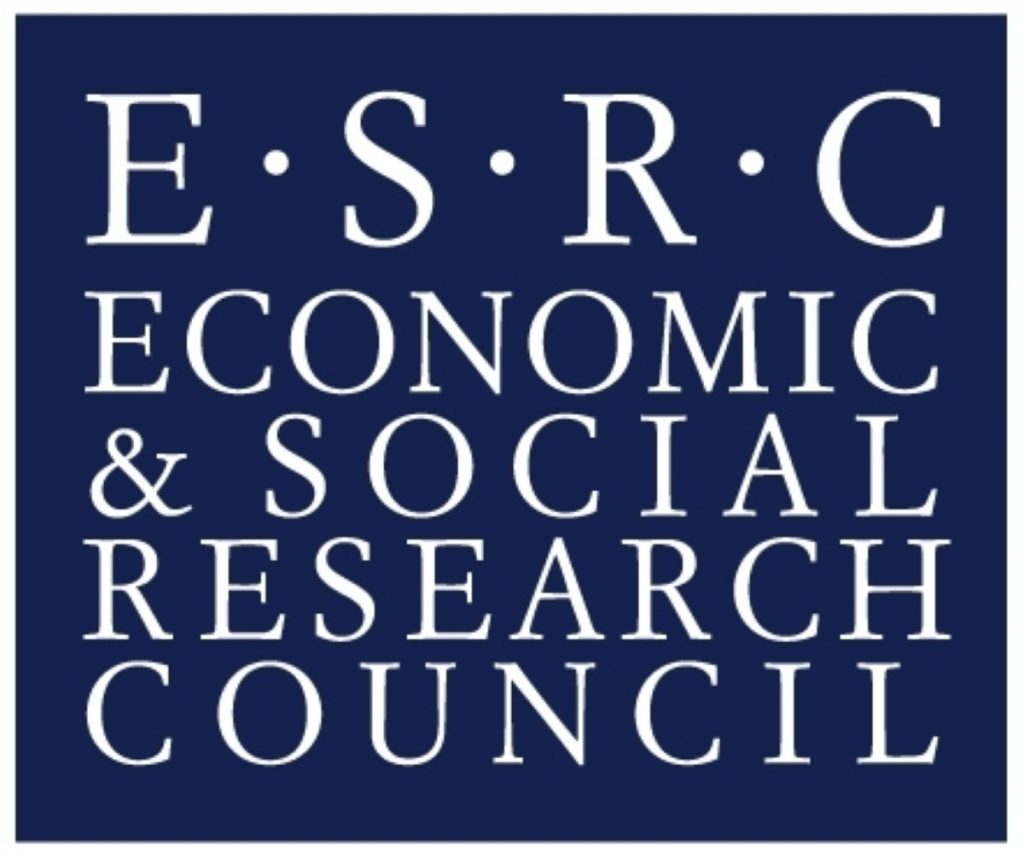ESRC: Internet becoming ‘mainstream’ in political campaigning
Internet becoming ‘mainstream’ in political campaigning
The internet is challenging the dominance of traditional media as a campaign tool, despite the public’s renewed attachment to TV through the 2010 general election leaders’ debates.
University of Manchester research funded by The Economic and Social Research Council found that though TV is still a prized channel for voter communication, online news sources, email and newer social networking tools are now seen as an important way for parties to reach the public.
However, traditional face to face contact with prospective voters still remained the most preferred mode of contact according to the study, which included a representative survey of almost two thousand UK adults.
According to the research, just under half of internet users in the UK took part in some form of online political activity during the election – a significant increase from previous elections and almost double that of 2005.
It also revealed that that one fifth of internet users accessed official campaign sites at some point, a notable rise from the previous election when the figure was about three percent.
Interest was particularly pronounced among Liberal Democrat voters and younger citizens, perhaps driven by Nick Clegg’s dynamic performance in the debates, encouraging his new-found supporters online to hunt down further information about the Party.
Professor Rachel Gibson, from The University of Manchester, led the study which used data from a survey of national e-campaign managers and public opinion data.
She said: “For over a decade, commentators have heralded the arrival of the internet election.
“Based on the results of this study we can’t say that has yet happened beyond attention to news online.
“Uptake of social media such as following politicians tweets or ‘friending’ candidates on Facebook was limited to a small minority, despite the parties own perceptions of its importance.
“But, our findings do suggest that the medium is becoming key resource for parties to absorb voter interest.
“The task they now face is the conversion of that growing interest into action and further support for 2013 and 2015 respectively.”
Notes for editors
For media enquires contact:
Mike Addelman
Press Officer
Faculty of Humanities
The University of Manchester
0161 275 0790
07717 881567
Michael.addelman@manchester.ac.uk





-01.png)